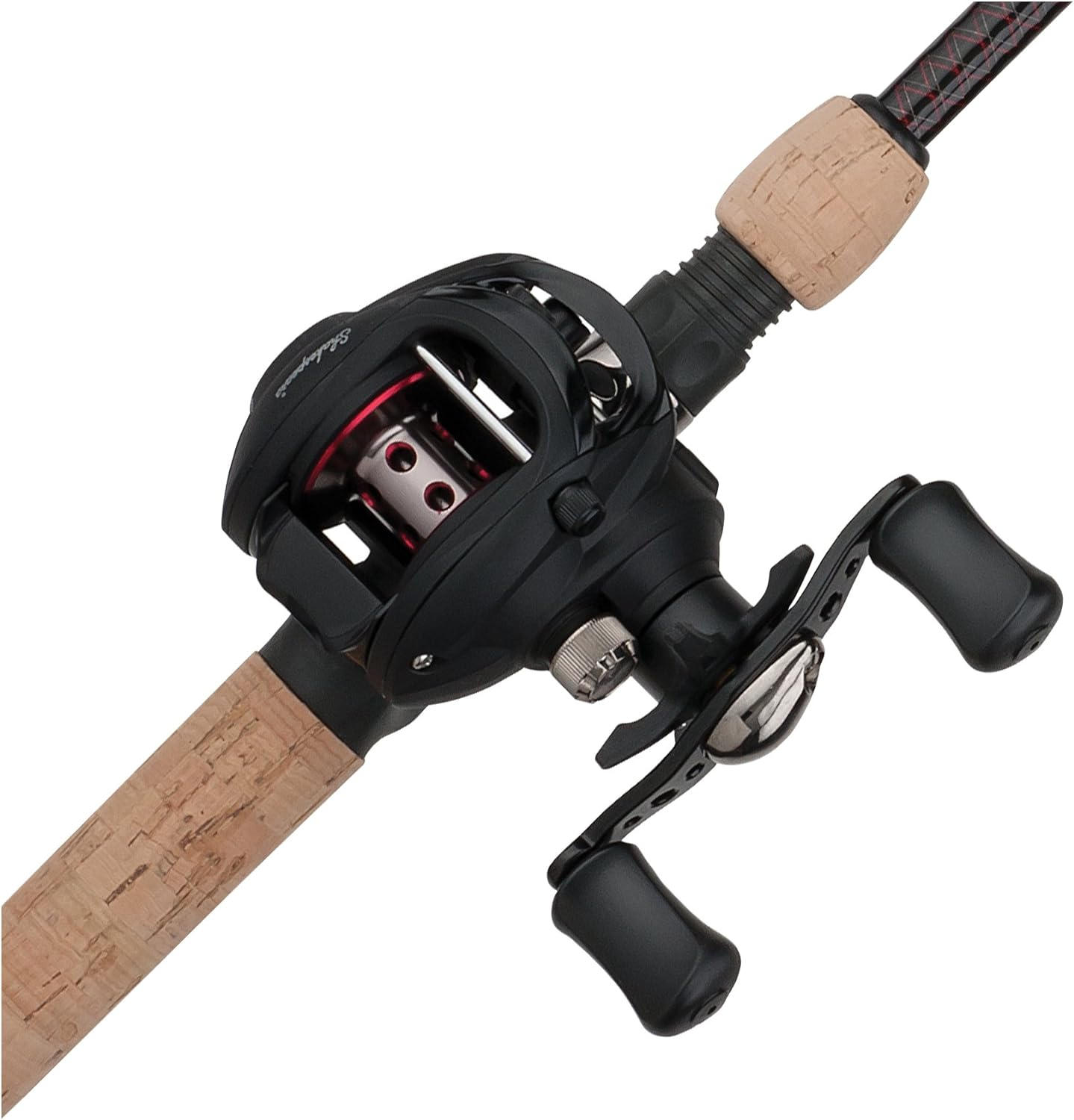Introduction:
As winter wraps its icy fingers around the water's edge, a unique breed of angler emerges – one undeterred by frosty winds and crisp temperatures. In this guide, we unravel the secrets of cold-weather fishing, exploring the challenges and triumphs that come with casting lines when others choose to stay indoors.
Understanding the Cold-Water Challenge:
Cold-weather fishing introduces a set of challenges distinct from warmer seasons. From the impact on fish behavior to the necessity of specialized gear, embracing the cold requires a strategic approach.
1. Deciphering Cold-Water Fish Behavior:
Slower Metabolism: Fish tend to have slower metabolisms in colder water, requiring a more patient and deliberate fishing technique.
Depth Matters: Deeper waters often hold more stable temperatures, attracting fish seeking refuge from the chill.
2. Essential Cold-Weather Gear:
Layering Techniques: Dressing in layers is crucial for retaining warmth. A moisture-wicking base layer, insulating mid-layer, and waterproof outer layer form the triumvirate against the cold.
Insulated Boots and Gloves: Keep extremities warm with insulated waterproof boots and gloves designed for the elements.
3. Specialized Cold-Weather Lures and Baits:
Slow and Steady: Cold-water fish are generally less active, necessitating a slower presentation. Jigs, soft plastics, and slow-retrieving crankbaits can be effective.
Live Bait Strategies: If permitted, live bait such as minnows or nightcrawlers can be enticing to sluggish fish.
4. Ice Fishing Techniques:
Auger Basics: For those venturing onto frozen lakes, understanding ice auger techniques and safety measures is crucial.
Ice Shelters: Portable ice shelters provide both refuge from the elements and a comfortable spot for patiently waiting for bites.
5. Timing Matters:
Golden Hours: Fish are more likely to be active during the warmest parts of the day. Plan your outings during late mornings or early afternoons for optimal results.
6. Safety First:
Ice Thickness Awareness: If ice fishing, regularly check and ensure the thickness of the ice is safe for your activities.
Emergency Preparedness: Cold weather demands heightened awareness of the potential risks. Carry safety equipment and inform someone of your fishing plans.
Conclusion:
As winter transforms the fishing landscape into a serene, frost-kissed wonderland, cold-weather anglers step onto the ice or the chilled banks with a sense of purpose. Armed with knowledge, specialized gear, and an indomitable spirit, they discover the unique rewards of catching fish when temperatures plummet. So, bundle up, bait your hook, and venture into the cold – where the challenge is as invigorating as the catch is rewarding.



















